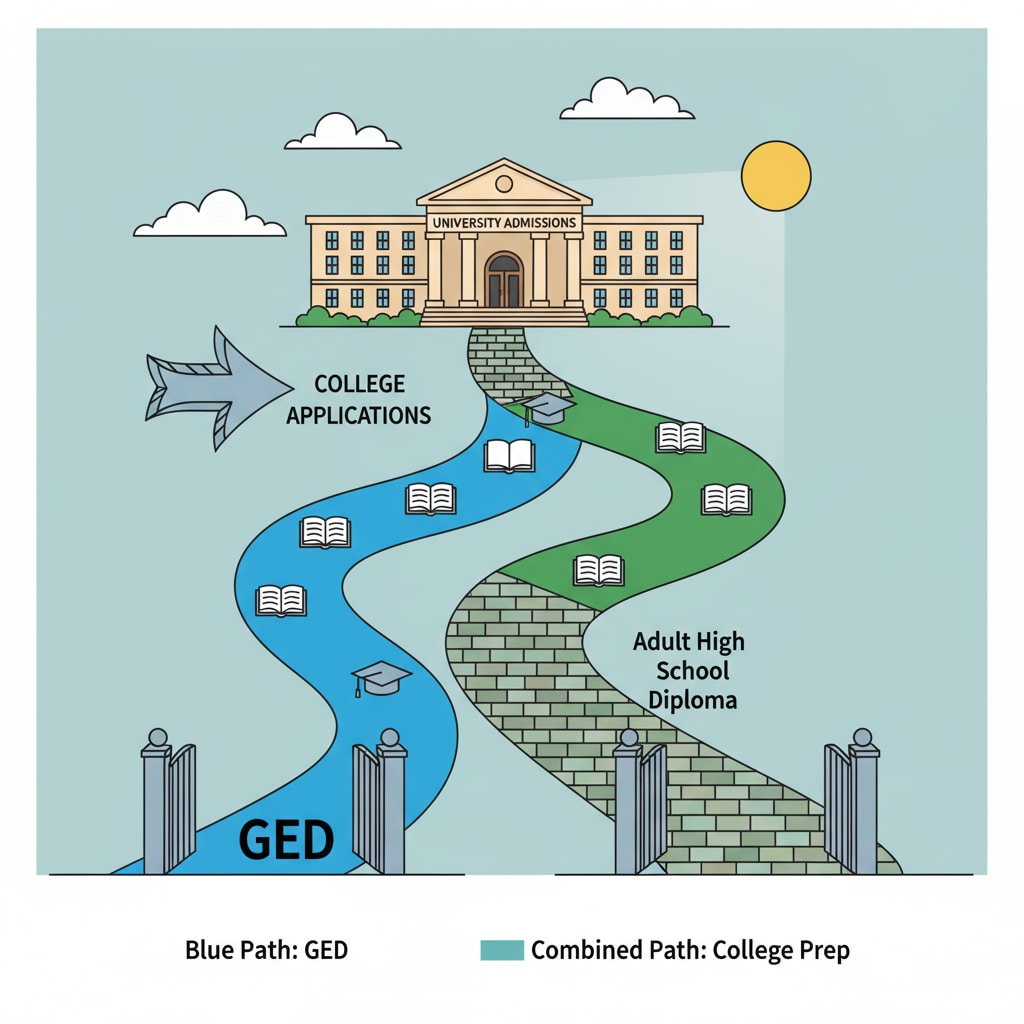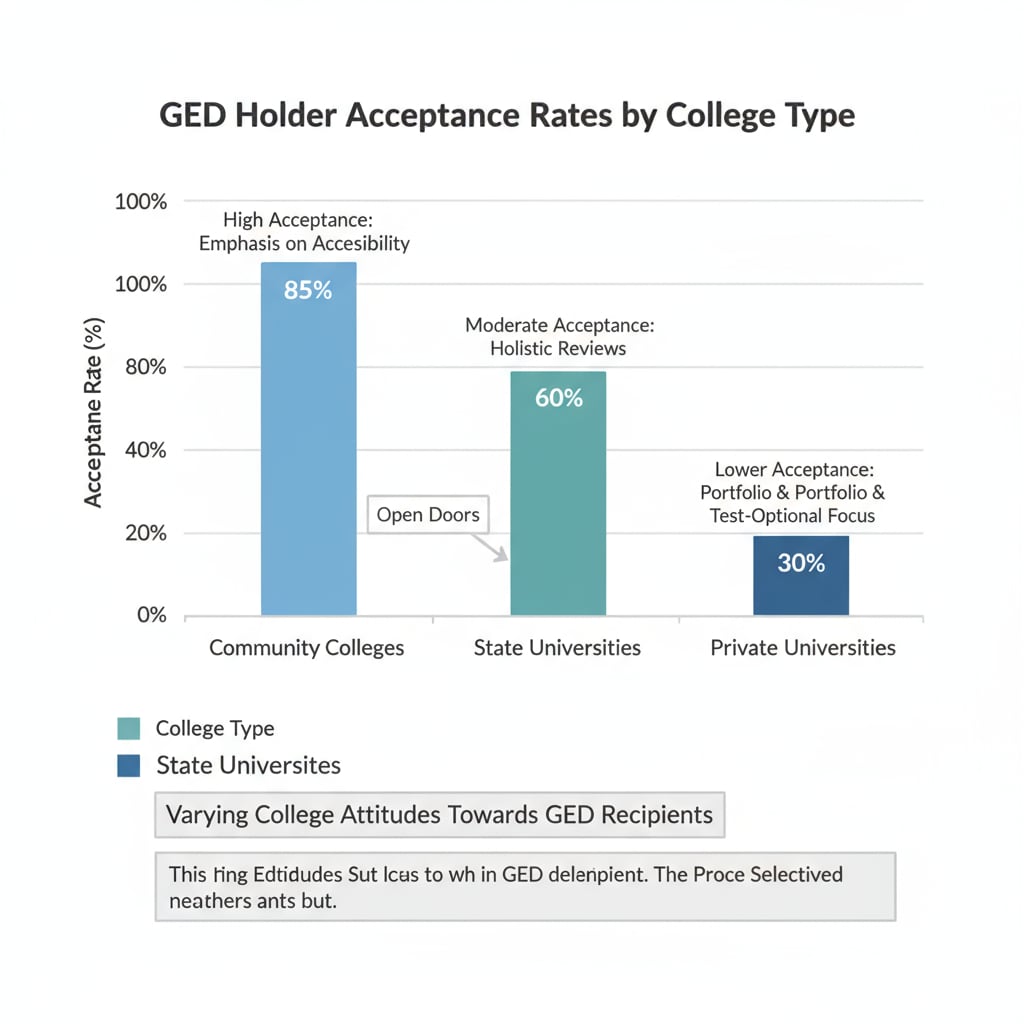In the realm of adult education, the decisions regarding high school diplomas and their implications for college applications are crucial. Many non-traditional students, like the 26-year-old former homeschooled student in Alabama, are at a crossroads, trying to figure out whether a GED or an adult high school diploma is the better route. This article will delve into the impacts of these two options on college applications, providing valuable insights for those seeking to further their education.

The Basics of GED and Adult High School Diplomas
The GED (General Educational Development) is a high school equivalency credential. It consists of tests in four subject areas: language arts, social studies, science, and mathematics. Earning a GED demonstrates that an individual has the knowledge and skills equivalent to a high school graduate. On the other hand, an adult high school diploma is obtained by completing a full high school curriculum, usually through adult education programs. These programs are designed to meet the needs of adult learners who may have missed out on traditional high school education.
How GED Affects College Applications
Many colleges and universities accept GED scores as an alternative to a high school diploma. According to National Center for Education Statistics, a significant number of institutions view GED recipients as viable candidates. However, some selective colleges may have additional requirements. For example, they might ask for a high GED score, relevant work experience, or strong letters of recommendation. In some cases, students with a GED may also need to take placement tests to determine their academic readiness for college-level courses.

The Influence of Adult High School Diplomas on College Admissions
An adult high school diploma is often seen more favorably by colleges. It shows that the student has completed a comprehensive high school curriculum. This can give applicants an edge, especially in competitive admissions processes. Some colleges may waive certain requirements, such as placement tests, for students with an adult high school diploma. Additionally, having a diploma can open up more scholarship opportunities, as some organizations prefer to award scholarships to students with a traditional high school completion credential.
In conclusion, for adult learners considering college applications, the choice between a GED and an adult high school diploma is significant. Each option has its own advantages and considerations. By understanding how these credentials impact college admissions, individuals can make an informed decision that aligns with their educational and career goals. The road to higher education is accessible, and with the right choice, adult students can successfully pursue their academic dreams.
Readability guidance: This article uses short paragraphs and lists to summarize key points. Each H2 section provides a clear breakdown of information. The passive voice and long sentences are kept to a minimum, and transition words are used throughout to enhance readability.


